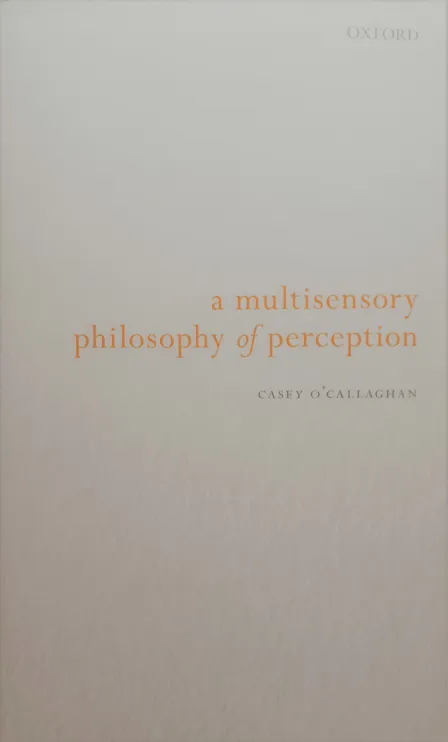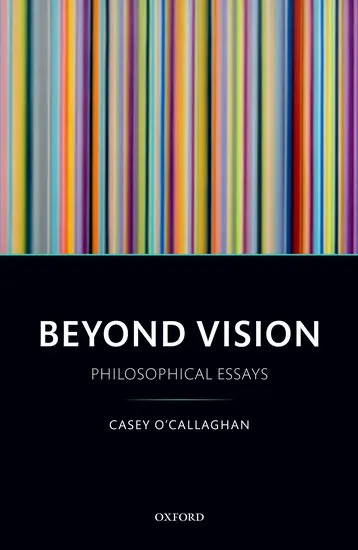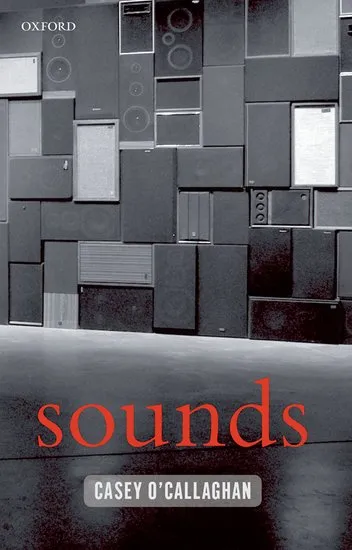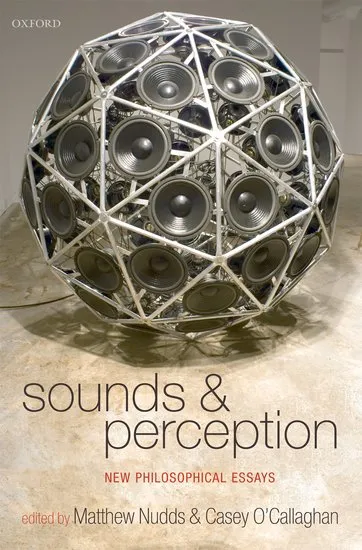Professor O'Callaghan's research focuses on philosophical questions about perception. In particular, he has written about auditory perception and the nature of its objects and about multisensory perception and consciousness.
Casey O'Callaghan's work stems from a more general interest in how perceptual awareness relates to its objects and how it shapes our understanding of the natures of those objects.
Recently, he has been writing about speech perception, the significance of interactions among sense modalities for theorizing more generally about perception, how to differentiate the senses, how perception differs from extra-perceptual cognition, and psychological explanation and taxonomy.
Some essays on these topics are collected in Beyond Vision, published by OUP in 2017. Currently, he is writing a monograph on multisensory perception and consciousness called A Multisensory Philosophy of Perception.








